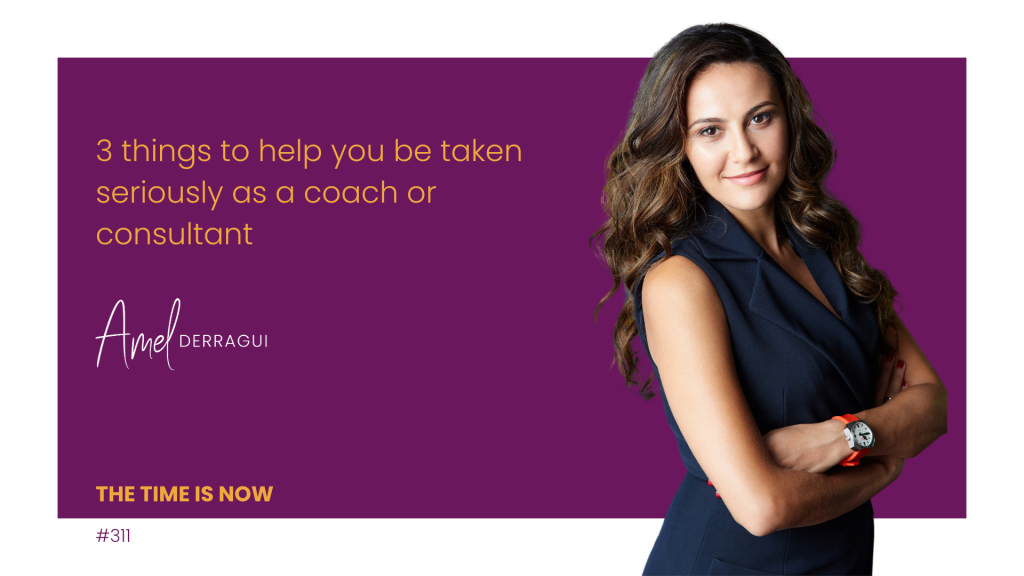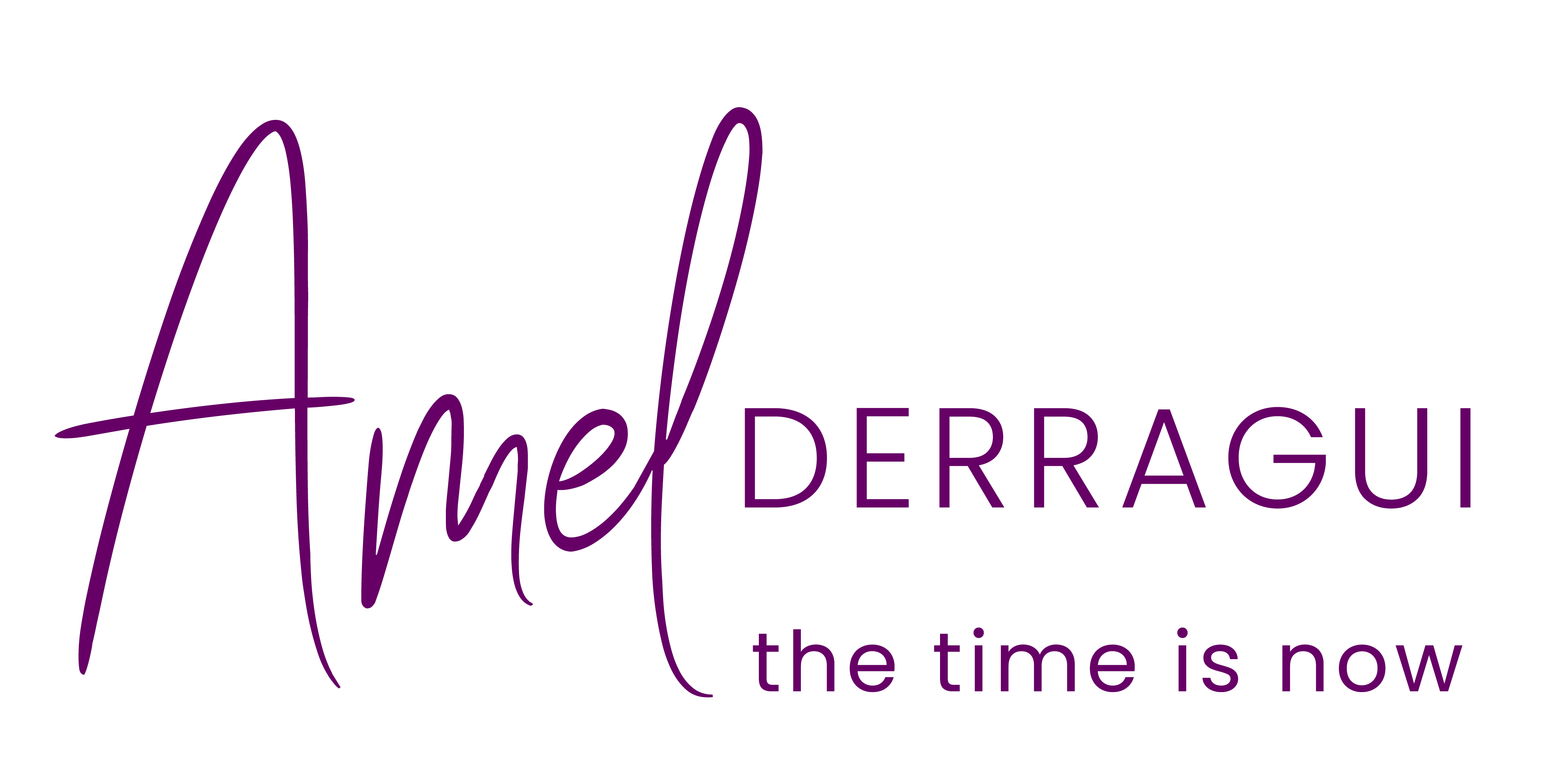3 things to help you be taken seriously as a coach or consultant

When you tell someone you are a coach or consultant, you might be met with a range of reactions. Some will be good, but far too many may be negative.
Why is that?
Coaches and consultants have a hard time being taken seriously nowadays for a few reasons: First, the industry has grown rapidly, so there are a lot of them out there. Second, some of the biggest names have become caricatures at this point, inviting those eyerolls. Lastly, a common pitfall for coaches and consultants is to focus too much on the tool they are offering instead of the impact they can create for their clients.
Coaching is a tool, not a business.
How do you avoid those negative reactions and sell your services effectively?
This blog is a summary of the related podcast episode:
Click here to listen to the tips mentioned in this article.
There are three important things coaches and consultants need to do to stand out from the crowd and grow their business:
- Position yourself as the go-to expert in your field. The first thing you need to define when starting your business is what you want to be known for. Dive into your full skillset and related experience to showcase what you can offer to clients.
- Define a clear position and very specific niche. It is no secret there are a lot of coaches and consultants out there, many offering similar services. To find your niche, define the specific problem you want to solve then outline how you are uniquely positioned to do just that.
- Remember: You do not sell the coaching, you sell the transformation! Many coaches are passionate about the coaching tool they use, but getting clients is not about convincing them to use your method, it is about showing them how you can help them improve their lives for the better.
How do you put these things into practice? Working one-on-one with my clients, I help them identify their positioning so they can build a strategy.
One expat coach I worked with found her speciality was helping families who are on split assignments be productive while navigating the distance, while another, an Austrian English teacher living in America, proved to be best suited to help German companies communicate with English-speaking customers around the globe. More recently, I have been working with a coach whose background was in architecture who found her conflict resolution and mediation skills and previous experience leant well to helping technical teams foster a feeling of belonging for their members in order to be more productive.
Lastly, I want to tell you about Rula Draskovich, a leadership coach with years of corporate experience as a general manager for an electric company. By diving into her story, we found Rula’s niche was helping founders and managers build engaged teams of happy employees who stick around for the long term:
”Positioning myself as the go-to expert in my field as an employee retention expert was a game changer for my business,” she says.
All of these examples show that taking a more vague title like coach or consultant and making it more specific helps you stand out from the crowd and attract the right clients.
If you are struggling to attract clients as a coach or consultant, I can help you do just that. Schedule a 90-minute strategy session with me to get started: Click here.
